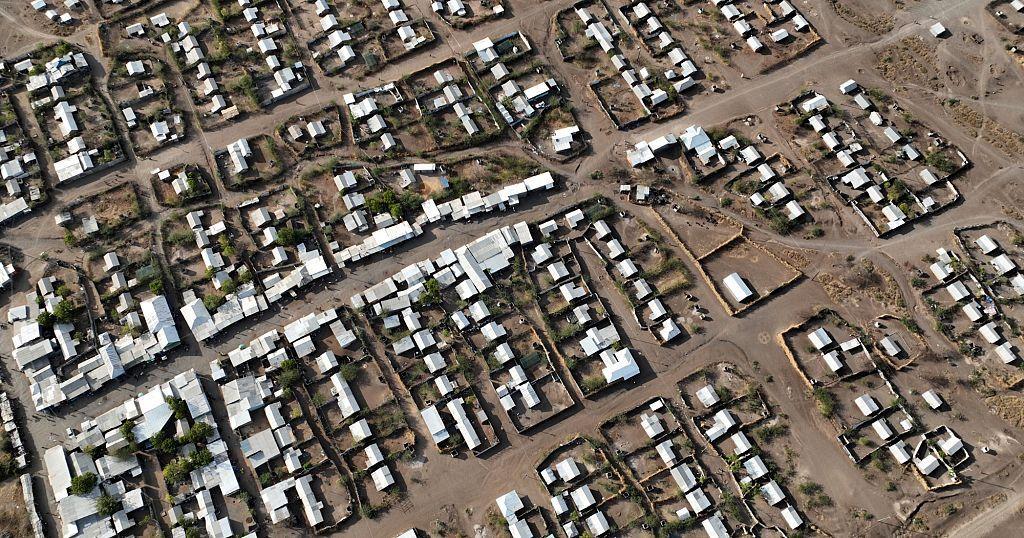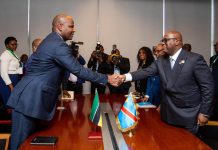Africa-Press – Mozambique. The International Monetary Fund (IMF) unveiled the third chapter of its at the United Nations on Wednesday, with a central focus on the global implications of migration and refugee policies. Titled the report underscores how population movements, when well-managed, can boost economies and strengthen host societies.
Speaking at the launch, Sivanka Dhanapala, Director of the New York Office of the UN Refugee Agency (UNHCR), emphasized that refugees should not be viewed as a burden.
“The evidence is very clear that refugees don’t have to be a burden,” Dhanapala said. “With the right policies in place, refugees can, in fact, contribute to an economy. They can bolster the labor supply, they can provide an increase in tax revenue, and of course, they can drive GDP growth.”
Dhanapala noted that the number of forcibly displaced people worldwide has reached 122.6 million, with projections indicating it could surpass 125 million when UNHCR releases its in June. “That is a tragedy of our times,” he said, reflecting on the steady rise in displacement over the past decade.
The IMF’s findings echo UNHCR’s call for inclusive policies. The report outlines that while destination countries may experience short-term pressure on public services, the long-term gains—ranging from labor market expansion to increased tax revenues—can far outweigh the initial costs if integration is handled effectively.
Pär Liljert, Director of the International Organization for Migration (IOM)’s New York Office, echoed this sentiment, calling for migration to be embedded into broader development strategies.
” Liljert said. He highlighted the need to include migrants in health policies and to recognize displacement in national risk reduction plans.
Liljert also pointed to dramatic demographic shifts expected in the coming decades, which he said will require proactive labor market strategies.
As global migration trends continue to evolve, the IMF, UNHCR, and IOM are urging governments to adopt forward-looking policies that view mobility not as a challenge to be managed, but as an opportunity to be harnessed.
Source: Africanews
For More News And Analysis About Mozambique Follow Africa-Press






